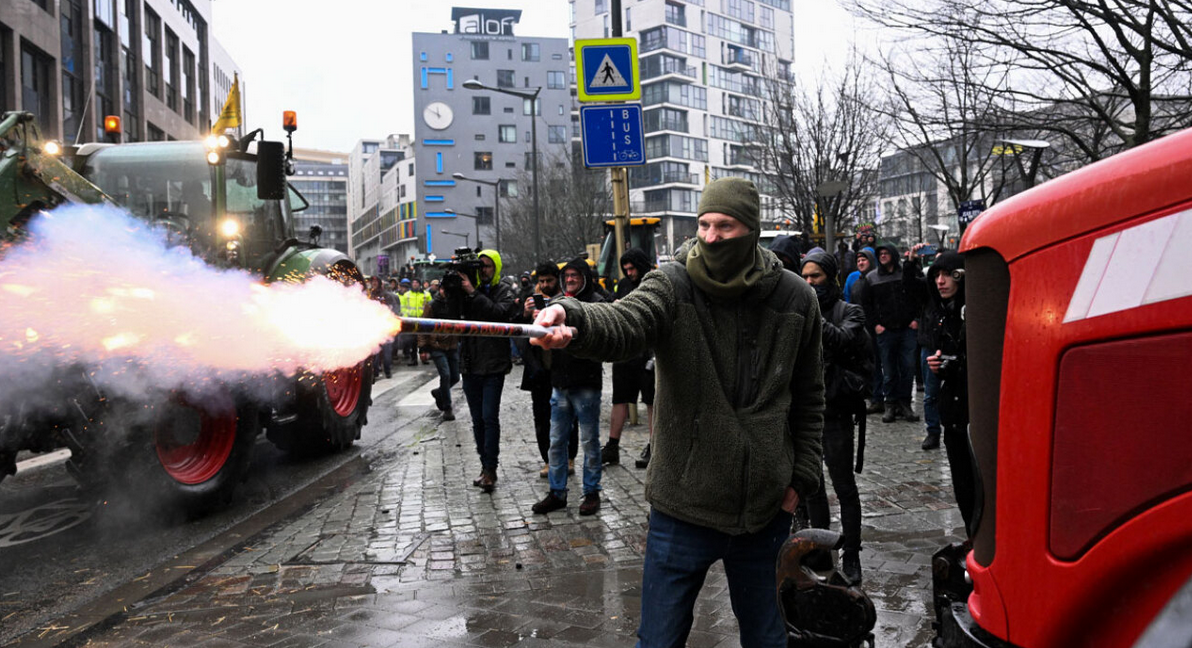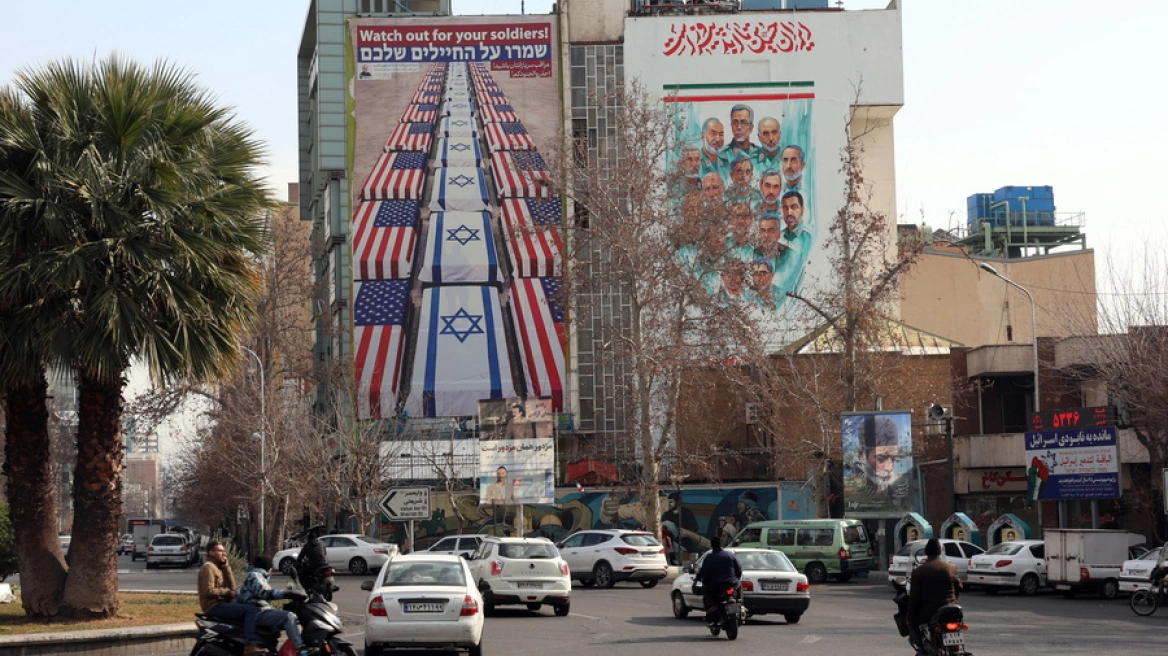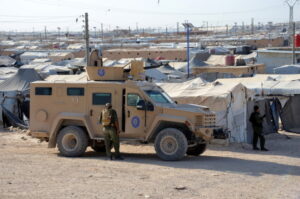The tractors of European farmers turned off their engines until March 21st and 22nd. Then, at the upcoming Summit, EU leaders will extensively address the agricultural issue, being called upon to come up with specific proposals to “extinguish” their anger.
A first step was taken with the decisions of the European Commission and the 27 EU Agriculture Ministers (who did not reach an agreement but intend to proceed with the revision of the new CAP immediately, before the European elections) regarding some of the “thorns” of the CAP, such as the partial exemption from the rules for fallow land, the Good Agricultural and Environmental Condition standard 8 (GAEC 8), the withdrawal of the proposed regulation on sustainable pesticide use, and guarantees in the proposed renewal of autonomous trade measures for imports from Ukraine.
In Brussels, the roads around Schuman Square resembled a battlefield. Only instead of tanks, there were tractors, and instead of ammunition, there were eggs, manure, and fruits that farmers threw at the police.
Alongside Belgian farmers, unions from Spain, Portugal, Italy, and Germany were demonstrating with them, burning tires. They also attempted to enter the building of the European Council, pushing aside police barricades with their tractors.
The enraged European farmers demand, among other things, fair incomes, an end to free trade agreements with countries that do not adhere to the same rules (e.g., Mercosur), an increase in the budget for the Common Agricultural Policy, and a reduction in administrative burdens.
#Farmers are back on the streets of #Brussels this morning for the #Agri council. #FoodSecurity #FarmingIncome #GreenDeal pic.twitter.com/uiu26XFF1v
— Micheal O Conchuir (@moconchuir) February 26, 2024
>Related articles
Steve Jobs adopted a no “bozos” policy – Here are his 3 best management tips
With the nine southern EU countries deciding to submit a common framework proposal for technical improvements to the CAP, Greece submitted 19 specific proposals. Among other things, these proposals concern the simplification of checks and the rationalization of sanctions, exceptions from eligibility checks for small farmers, and the non-imposition of sanctions on any farmer for non-compliance with standards in 2024. They also include modifications for sustainable transition and protection of small-scale producers, flexibility in implementing eligibility standards based on regional and local characteristics, both for 2024 and in the long term.
Additionally, the Greek side proposed flexibility for the discretionary use of 2% of the CAP during crisis periods. Given that the agricultural reserve is not sufficient to cover all types of crises, Lefteris Avgenakis stated his support for the ad hoc mechanism proposed by Croatia for utilizing part of the Strategic CAP Budget. Furthermore, Greece proposed strengthening the position of farmers in the agri-food chain, facilitating the transfer of unused funds between years for the annual interventions of the first pillar, harmonizing regulatory requirements regarding investments in irrigation projects, simplifying and expediting the approval process for modifications to Strategic Plans, and increasing the number of permitted modifications.
Ask me anything
Explore related questions





